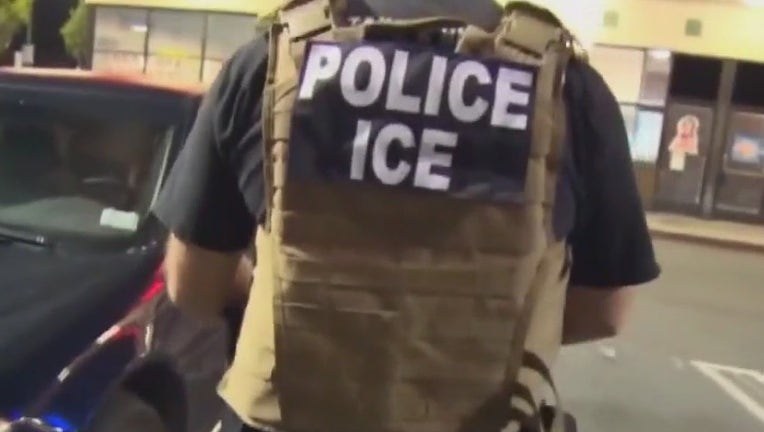Bill requiring Texas sheriffs to work with ICE gets initial approval in House

AUSTIN, Texas - A bill that would require Texas sheriffs to work in collaboration with U.S. Immigration and Customs Enforcement by serving federal immigration warrants at local jails gained initial approval from the House on Saturday.
Senate Bill 8 passed the lower chamber 89-50 Saturday after it was amended to require all sheriffs in the state to enter agreements with ICE instead of just counties with populations over 100,000 as the bill was originally written.
287(g) agreements
The bill would require sheriffs to request partnerships with ICE, known as 287(g) agreements. The agreements allow ICE to authorize local authorities to perform certain types of immigration enforcement in local jails, including allowing officers to question inmates about their immigration status and serve administrative warrants.
A second model of 287(g) agreement allows officers to question people about their immigration status during "routine police duties" like DUI checkpoints.
The other side:
Advocacy groups say the agreements lead to local profiling, targeting of people with little or no criminal history and harming the relationship between law enforcement and the community.
By the numbers:
Data from ICE shows dozens of Texas law enforcement agencies are already in agreements with ICE and at least four other agencies in the state have pending applications.
Under the amended version of the bill, sheriffs would need to enter, at least the "warrant service" agreement. They can choose to enter other agreements to fill the requirement. The bill authorizes grants for agencies to offset the cost of participating in the program.
The bill would allow the attorney general’s office to sue sheriffs who do not comply.
What's next:
The bill requires a third vote in the House before it can go back to the Senate, where they must approve the changes before it can be sent to Gov. Greg Abbott's desk.
The Source: Information on Senate Bill 8 comes from the Texas Legislature. Information on 287(g) agreements comes from U.S. Immigration and Customs Enforcement. Information on the agencies currently with ICE agreements comes from data provided by ICE.

